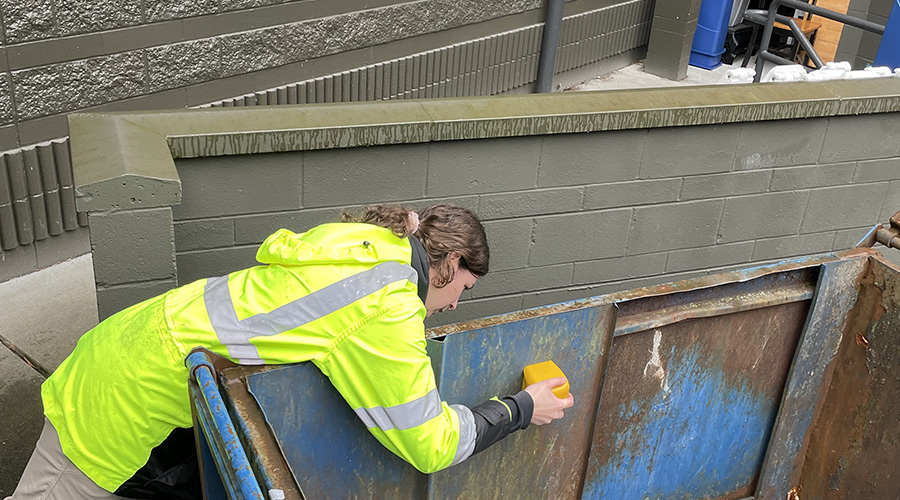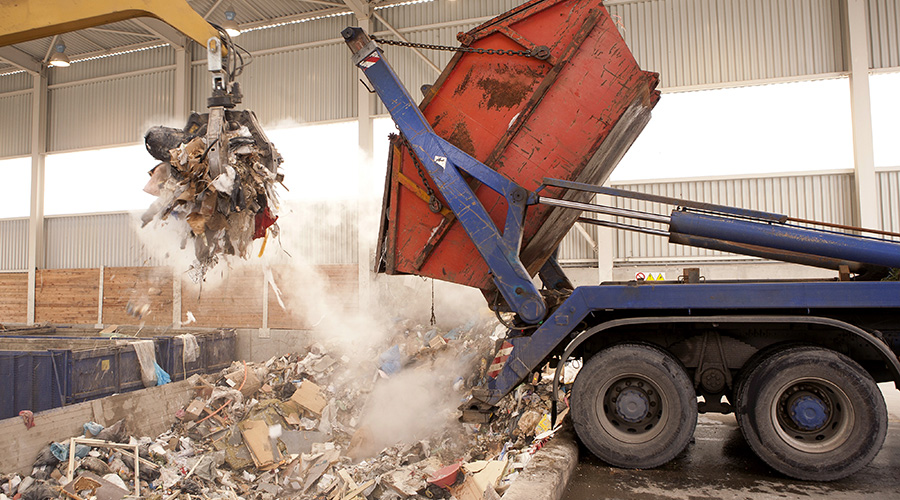Uphill Battle? Defeat of Cap and Trade Shows a Fight is Still Coming Over Greenhouse Gases
Call it a preview of coming attractions. The Senate’s failed attempt to cap the emissions of greenhouse gases hints that a presidential election alone won’t change the outcome next year.
Seven major bills to cap greenhouse gas emissions were introduced in Congress this session. In June, the Senate took up consideration of the Boxer-Lieberman-Warner Climate Security Act. Because some Republicans had threatened a filibuster, 60 votes were needed to end debate, a motion that is called invoking cloture.
The motion to end debate failed 48-36.
“This year it didn’t happen,” says Manik Roy, director of congressional affairs for the Pew Center on Climate Change. “I think the number one issue is gasoline prices.”
The bill has a negligible impact on gas prices, but the politics of high gas prices make passing cap and trade difficult, Roy says.
Still, momentum appears to be growing. There are 18 senators who either would have voted for cloture if they had been there, have sponsored similar cap and trade bills, or have indicated support for mandatory measures to reduce greenhouse gases, says Roy.
“In other words, it’s no longer a question in the Senate of whether to use mandatory measures to reduce U.S. greenhouse gas emissions. It’s a question of how,” he says.
And therein lies the difficulty. Because a cap and trade bill spans the entire economy, it sets up a fierce tug of war to determine the winners and losers.
“You are going to have to double the size of the buildings on K Street to hold that army of lobbyists for all the lobbying that’s going to take place,” says David Kreutzer, senior policy analyst for energy, economics and the environment for the Heritage Foundation.
There are a couple potential pitfalls ahead. To begin, if enough changes were inserted into the bill by lobbyists, it could eventually make a bill unpalatable to supporters.
More problematic: Surging prices at the pump make energy prices a key issue for voters.
“The single most sensitive issue for voters is their energy costs,” says Kreutzer. “I think that’s one of the main killers.”
If there’s one thing that might trump high gas prices, it’s the Supreme Court. The court’s 2007 ruling in Massachusetts v. EPA declares that greenhouse gases emitted from cars are a pollutant that should be regulated under the Clean Air Act.
If Congress doesn’t take action on greenhouse gases, EPA might have to — a situation which even some opponents of cap and trade believe would be worse than a Congressionally approved cap and trade program.
“At some point the court’s patience could run out if the EPA is delaying,” says Roy. “There is a lot of precedent under administrations in both parties where the EPA dragged its feet and the court forced the EPA’s hand.”
Related Topics:













